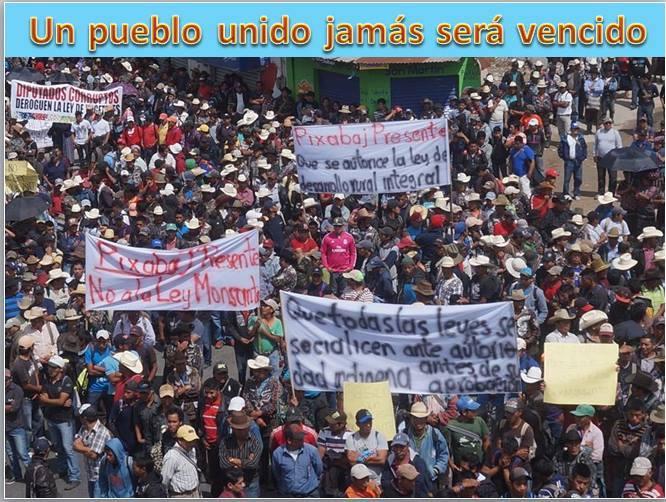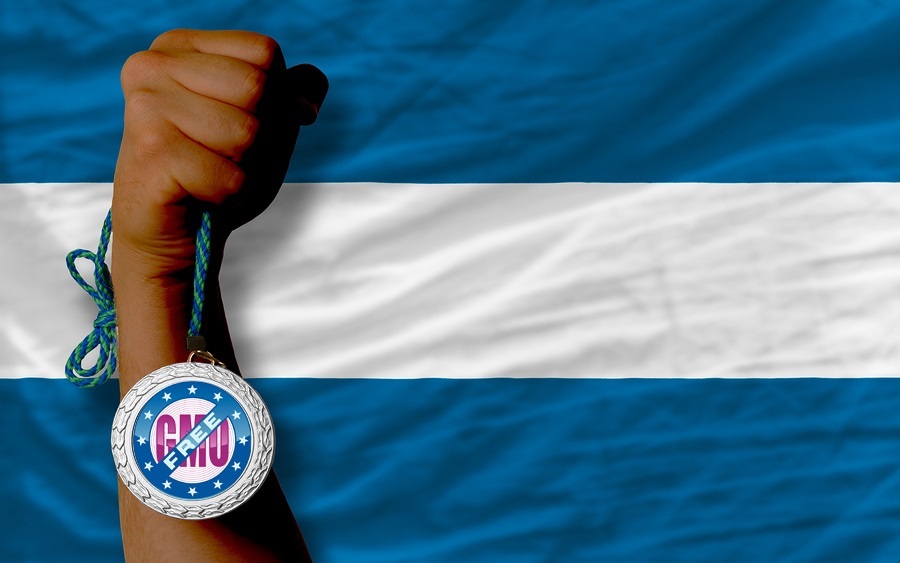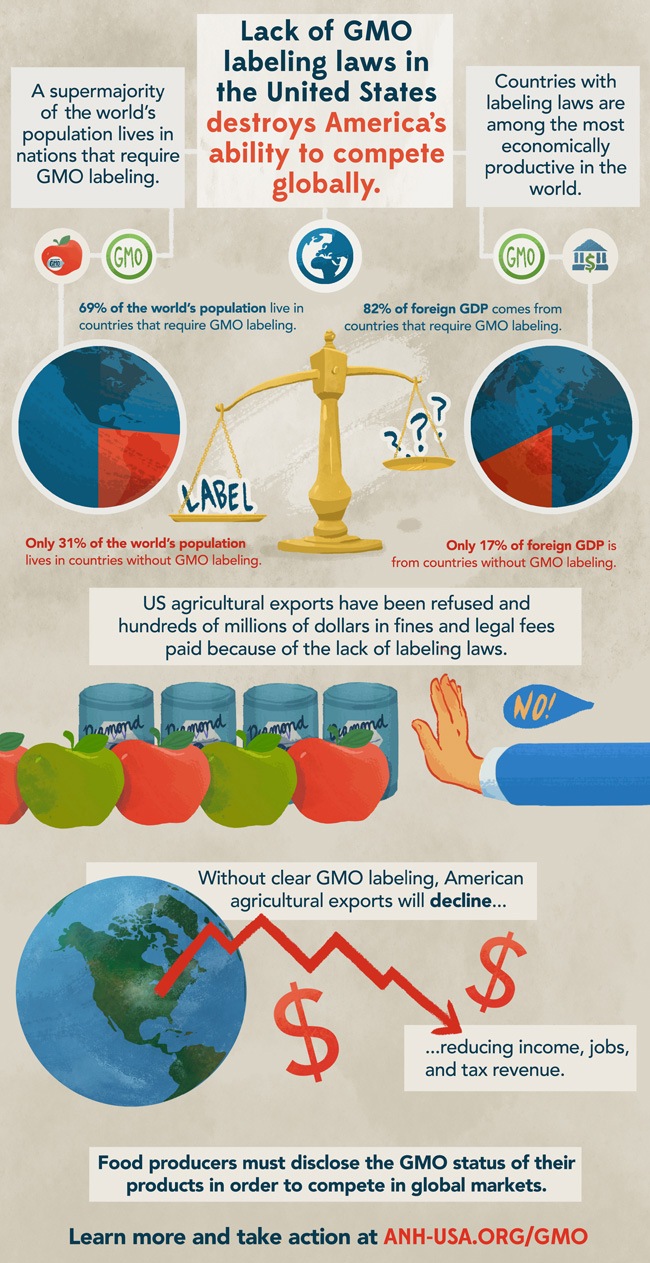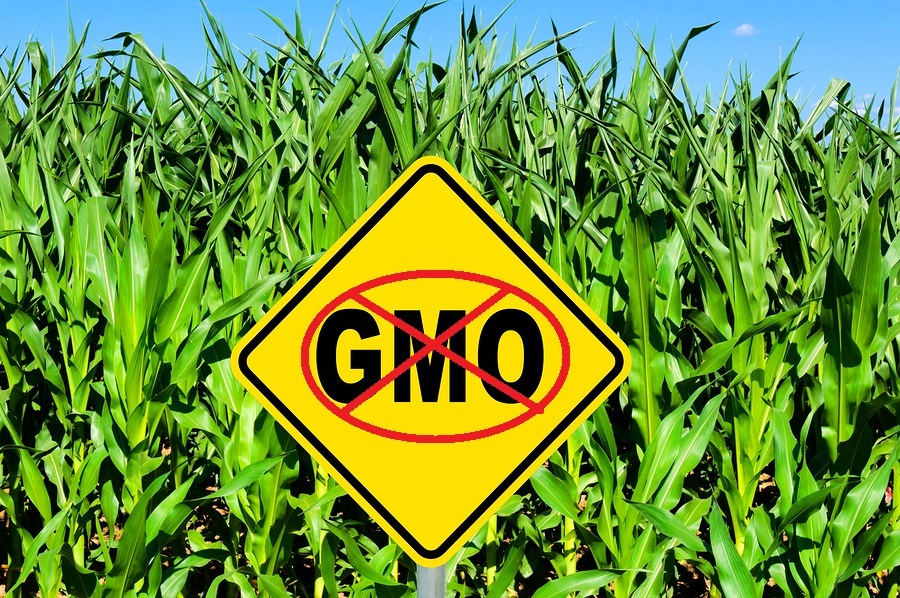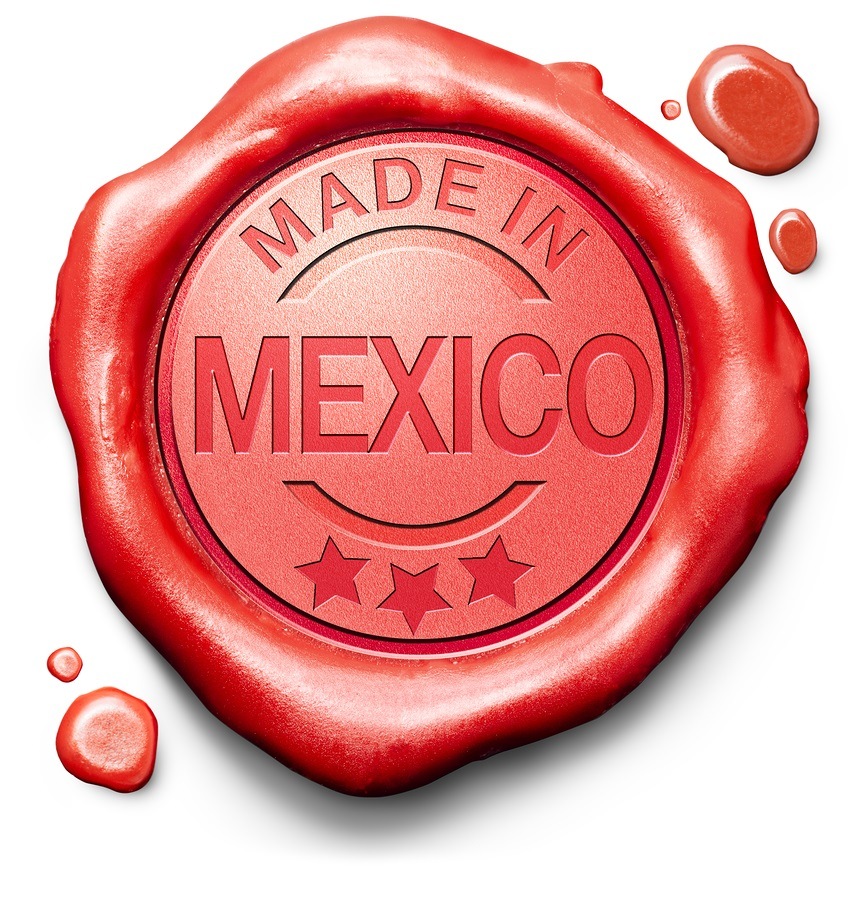Are Experimental Vaccines Growing in a GMO Corn Field Near You?
With more and more people waking up to the dangers and false claims being made for vaccines today, it is becoming more difficult for the pharmaceutical lobbyists to enact mandatory vaccination laws at the local level. A recent bill in Colorado was defeated when citizens turned out to oppose legislation that would have prohibited vaccine exemptions. Are pharmaceutical companies now looking for new ways to market their vaccines that bypass the freedom to choose completely without the consumer even realizing they are consuming their products? The chemical industry, after all, has been successful for years in getting municipalities to put fluoride in public water supplies completely bypassing consumer choice. Recently obtained information through a freedom of information act shows that pharmaceutical companies and biotech are teaming up to produce genetically modified corn that will contain vaccines like hepatitis B. There are secret locations along California's Central Coast where plots of experimental genetically engineered corn are producing proteins for industrial and pharmaceutical uses, including an experimental vaccine for hepatitis B.





